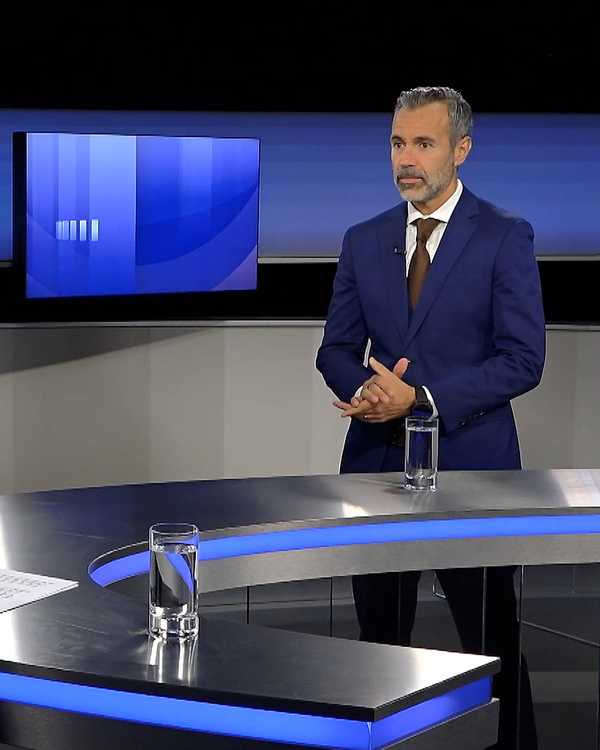Perseverance is needed
The equity risk premium is at a 20-year low, key interest rates in the U.S. have been hiked by a staggering 5 percent within 15 months and there is the risk of a recession. But sentiment and positioning are more euphoric than they have been for a long time. We are tactically holding on to our equity underweight.

Although our technical models are sending out sell signals, stock markets made fresh gains in June. Is it high time to take part in this FOMO (fear of missing out) rally? We have decided not to. From our perspective the arguments in favour of a recession outweigh this and result in a very unfavourable risk/return ratio. However, as momentum is admittedly still very good, we are not yet reducing the equity share further for now. We are also staying underweight in credit bonds, while keeping duration neutral based on a strong overweight in global government bonds.

- Toothpaste, shampoo and rice are not exactly sexy products, but consumer staples are always indispensable in a recession.
- Following a sharp underperformance of -8% since the start of May, this defensive sector is now the cheapest – both relative to “global equities” and in a historical comparison.
- Earnings revisions are favourable in this sector as pressure from higher input costs is falling. From a technical perspective, the moving 200-day average is providing support.

- The momentum of UK equities has eased and the fresh rise in the core inflation rate of 7.1% is forcing the Bank of England to raise interest rates further.
- The strongly represented cyclical sectors of energy and basic materials are susceptible to recession and pharmaceuticals is currently not our favourite among the defensives.
- We are selling the tactical position in the United Kingdom, thereby also scaling back our overweight in pound sterling.

- The record-high insurance premiums for natural disasters (>10%) have paid off. The marginal losses from 2022 were more than offset.
- Cat bonds have already yielded 9%in USD this year, notably outside the usually high-yield hurricane season from June to November.
- Scientists estimate the impact of climate change to be natural disasters becoming increasingly frequent rather than severe. After making strong gains, we are halving our overweight.
Tactical Asset Allocation July 2023



